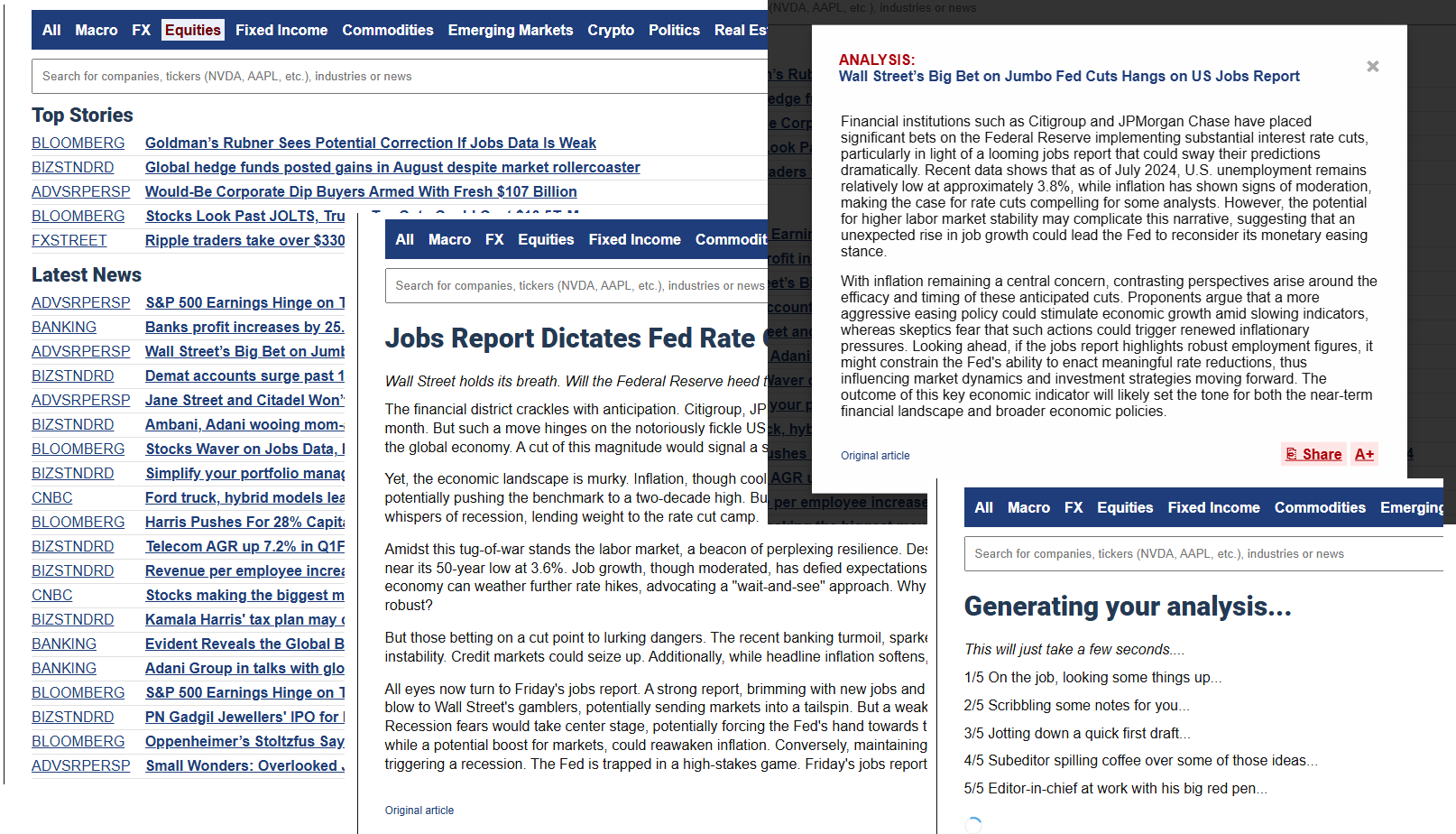Tesla Faces Fierce Electric Truck Competition from Rivals
Tesla's dominance in the electric vehicle (EV) sector is increasingly contested by both newcomers and traditional giants. In the U.S., the market for electric trucks is burgeoning, with consumers now having an array of top-tier choices, including the Tesla Cybertruck, Ford F-150 Lightning, Rivian R1T, and General Motors' GMC Hummer EV, GMC Sierra Denali, and Chevy Silverado. These models predominantly target the premium $100,000 segment, underscoring the perceived profitability of this niche, despite consumer adoption lagging behind more affordable EVs.
The battle isn't confined to dealerships; it's ongoing on Wall Street, where investors' expectations are reshaping stock movements and valuations. Throughout the recent week, stock prices for companies such as Tesla, Ford, GM, and Rivian saw significant volatility, reflecting the market's dynamic nature. Rivian, in particular, reported impressive revenue growth and a 65.8% increase in deliveries, signaling its potential to carve out significant market share from incumbents like Tesla. These developments reveal a rich competitive landscape in the EV sector.
Rivian's recent performance exemplifies the rapid scaling capability of new entrants. As it continues to lure customers from well-established brands like Xpeng, Nio, and Tesla, the competition in the EV market becomes more intense. Companies like Xiaomi, although currently facing financial setbacks, are adopting long-term growth strategies over immediate profitability. This approach may eventually position them alongside leaders such as Tesla and BYD, given market expansion and evolving consumer preferences.
The broader volatility in the equity markets mirrors the uncertain economic conditions and fluctuating investor sentiment. Stocks of various companies, including JetBlue, Hewlett Packard Enterprise, and G-III Apparel, have experienced sharp movements, highlighting the intricate and unpredictable nature of the market. Noteworthy incidents, like Nvidia spearheading a market reversal that impacted tech giants such as Tesla and Meta, illustrate the interconnectedness of market dynamics. Tesla's stock fluctuations often significantly influence major indices and related stocks, shaping broader market sentiments.
Trends observed in the performances of tech and automotive behemoths like Tesla, Alphabet, and Apple often serve as barometers for overall market health. The shifting trajectories of these big players can signal broader economic trends, affecting investment strategies and market dynamics globally.
Rivian's ascension, showcasing record revenues and substantial delivery increases, underscores the potential threats Tesla faces. Rivian's strategic positioning and ability to draw customers away from other EV makers emphasize the fierce competition within the premium electric truck sector. This competitive edge is reshaping consumer choices and market strategies among top EV producers.
Rivian's forward momentum is complemented by Xiaomi's robust strategy, which prioritizes growth over short-term profitability. Despite current financial losses, Xiaomi aims to secure a substantial foothold in the EV market, rivaling established giants like Tesla and BYD. This focus on future market presence over immediate gains indicates a broader trend among emerging players vying for leadership in the EV arena.
The fluctuating stock performances of companies like JetBlue, Hewlett Packard Enterprise, and G-III Apparel illustrate the broader volatility in equity markets. These rapid changes reflect the dynamic economic conditions and investor sentiments, influenced by significant market events and performance indicators from leading firms.
Major tech and automotive companies' stock movements, particularly Tesla's, play a pivotal role in shaping market indices and investment sentiments. Tesla's stock fluctuation exemplifies how individual company performance can reverberate through broader market dynamics, impacting related sectors and investor strategies.
Observing Rivian's and Xiaomi's strategic approaches highlights the evolving competitive landscape in the EV market. These firms' focus on capturing market share and long-term growth sets the stage for ongoing rivalries and innovation within the premium electric truck segment. The future of this niche market will likely be defined by how established brands and new entrants balance profitability with market expansion strategies.
The intricate dance of stock movements among companies like Tesla, Nvidia, Meta, JetBlue, and others continues to mirror broader economic trends. These patterns offer insights into investor confidence and market stability, influencing decisions across the financial and consumer landscapes globally.
AI-Powered trading insights: join our email list
Real-Time Market Analysis
Get instant insights on market trends, news impact, and trading opportunities.

